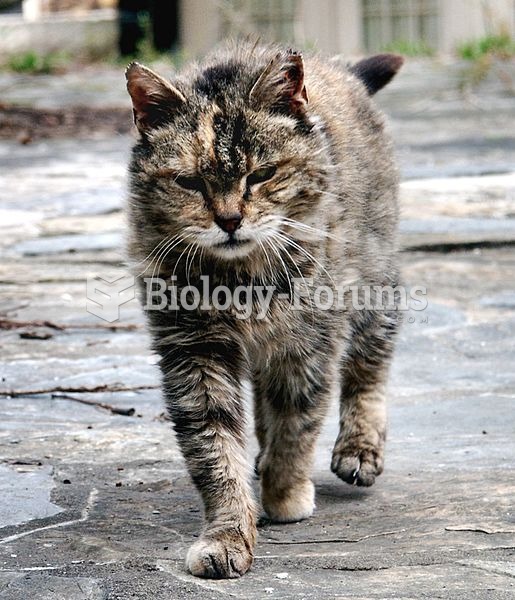Answer to Question 1
- Although A Pair of Tickets is saturated in Chinese history and culture, and its plot reflects a situation unlikely to be repeated in other contexts, it also explores nearly universal themes of self-discovery, cultural awareness, and family history. One might say that Tans broader theme is dual identityan especially relevant theme for many Americans who come from immigrant families. Tan explores this quintessentially American experience with humor, compassion, and imagination.
Wayne Wangs 1993 film version of
The Joy Luck Club will probably disappoint most of Tans readers as much as it did movie critics. The subject matter is so interesting that it carries the film along, but Wang sentimentalizes and sensationalizes the story into a sort of Asian American soap opera. The final episode (drawn from A Pair of Tickets) is condensed and simplified. The
pair of tickets is, alas, reduced to a single passage: June flies to China alone, and poor Canning Woo gets left in the States. The film may nonetheless be useful to students who need help in visualizing the American and Chinese milieus of the story. Under pressure, one might assign a particularly movie-struck student the task of comparing and contrasting the movies version of A Pair of Tickets to the original story.
Answer to Question 2
- June is Chinese American, which means that she experiences the two cultures from both the inside and the outside. Just as going to China helps her understand how she is Chinese, it also reminds her how much she has been shaped by America. She understands Mandarin Chinese but cannot speak it well. She does not know the Cantonese of her relatives or her fathers Mandarin dialect. Although she is purely Chinese in ancestry, not only her clothes betray her American upbringingshe is also too tall. I stand five-foot-six, June observes, and my head pokes above the crowd so that I am eye level only with other tourists. And yet she physically resembles her half-sisters, realizing at the end of the story: And now I also see what part of me is Chinese. It is so obvious. It is my family. It is in our blood.







